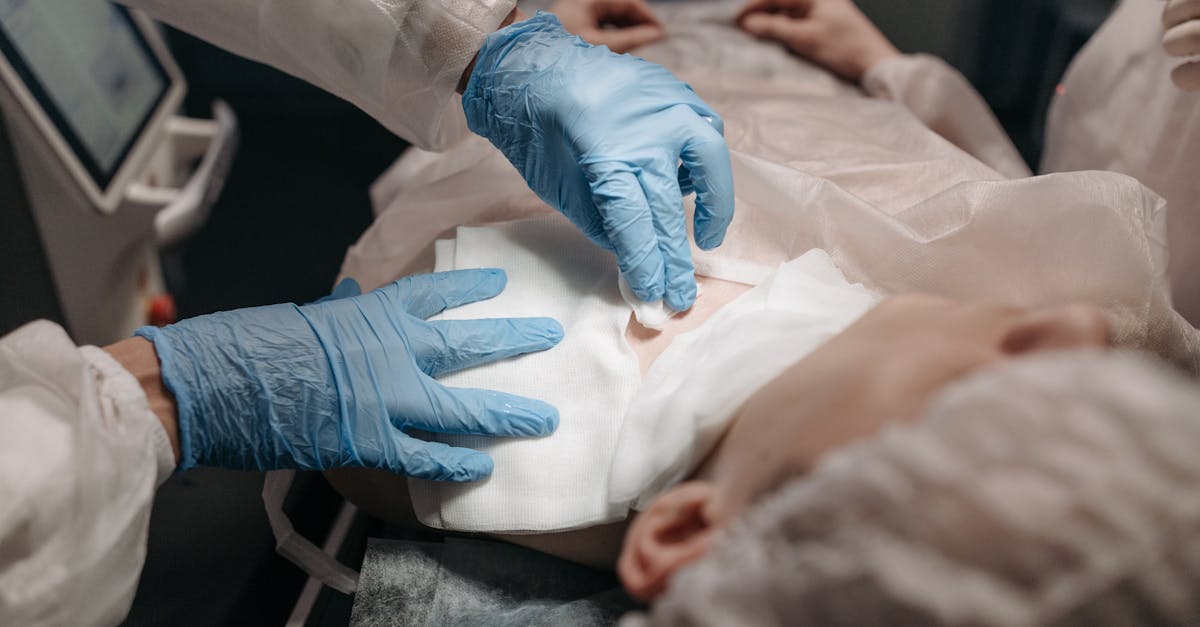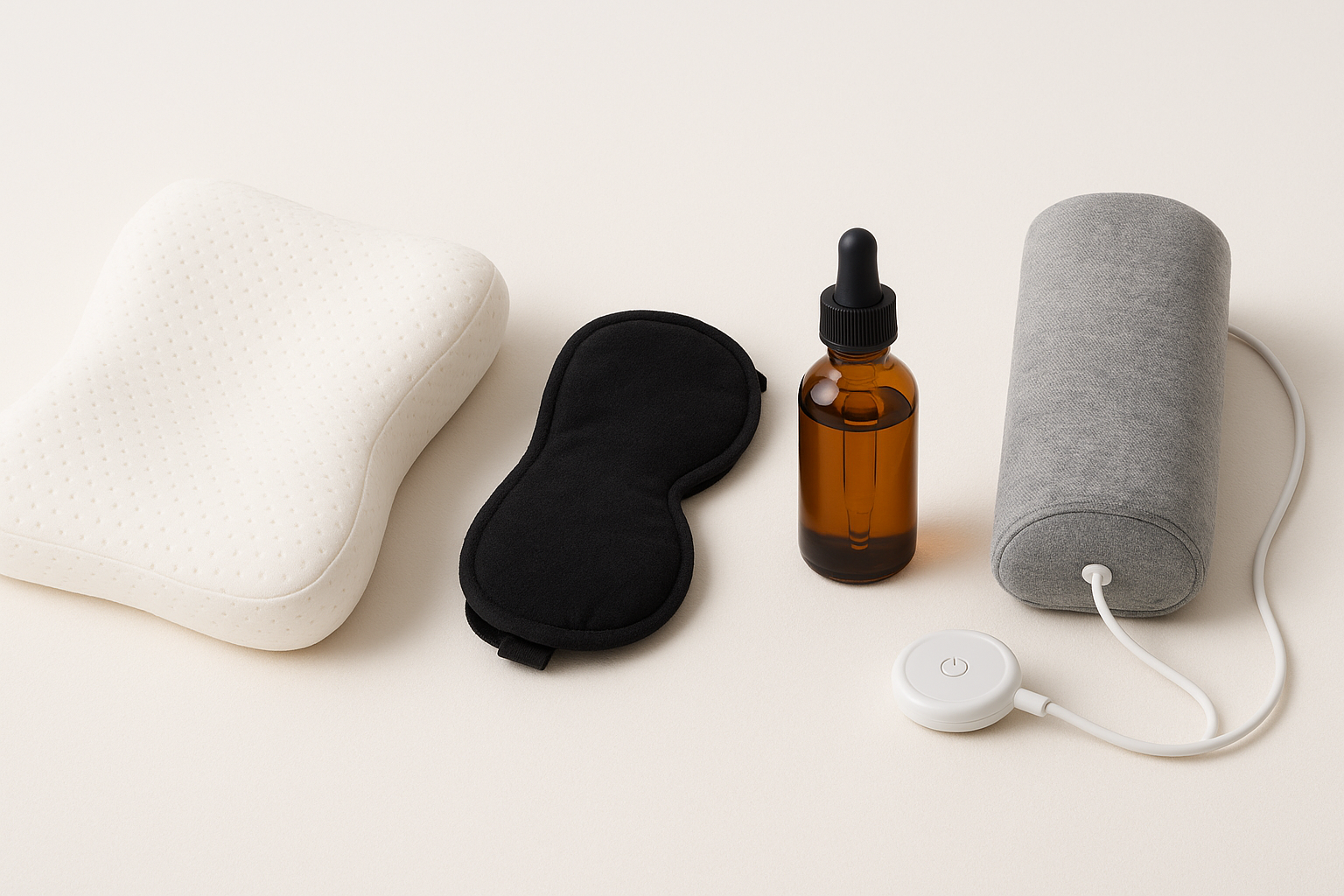Rest and Rebuild: The New Science of Workout Recovery
In the ever-evolving world of fitness, the concept of recovery has emerged as a pivotal component of any effective workout regimen. As athletes and fitness enthusiasts push the boundaries of physical performance, understanding how to balance exertion with rest becomes crucial. Recovery is not merely a passive phase but an active process that enhances performance, prevents injury, and promotes overall well-being. The new science of workout recovery integrates cutting-edge research with traditional wisdom, offering a comprehensive approach to rebuilding the body and mind. This article delves into the various facets of recovery, providing insights into how rest can transform physical fitness and mental resilience.
The Physiology of Recovery: Healing Through Rest

The physiological processes that occur during recovery are as intricate as the workouts themselves. After intense physical activity, the body undergoes microtrauma, leading to tiny tears in muscle fibers. This is where recovery steps in, initiating repair and strengthening processes. The body increases protein synthesis to rebuild muscles, while the nervous system recalibrates to reduce fatigue. Hormones such as human growth hormone (HGH) and testosterone play significant roles in facilitating tissue repair and muscle growth. Understanding these physiological mechanisms underscores the importance of incorporating adequate rest into any fitness routine, as it is during these moments of pause that the body truly rebuilds and fortifies itself.
Sleep: The Ultimate Recovery Tool

Sleep stands as the most potent recovery tool, offering unparalleled benefits that extend beyond physical repair. During deep sleep stages, the body releases growth hormones that are essential for muscle recovery and immune function. Moreover, sleep enhances cognitive functions, aiding in mental clarity and focus, which are critical for athletic performance. Studies have shown that athletes who prioritize sleep experience improved reaction times, better endurance, and reduced injury rates. Creating an optimal sleep environment and maintaining a consistent sleep schedule are foundational elements in harnessing the full potential of sleep as a recovery strategy, making it indispensable in any comprehensive fitness plan.
